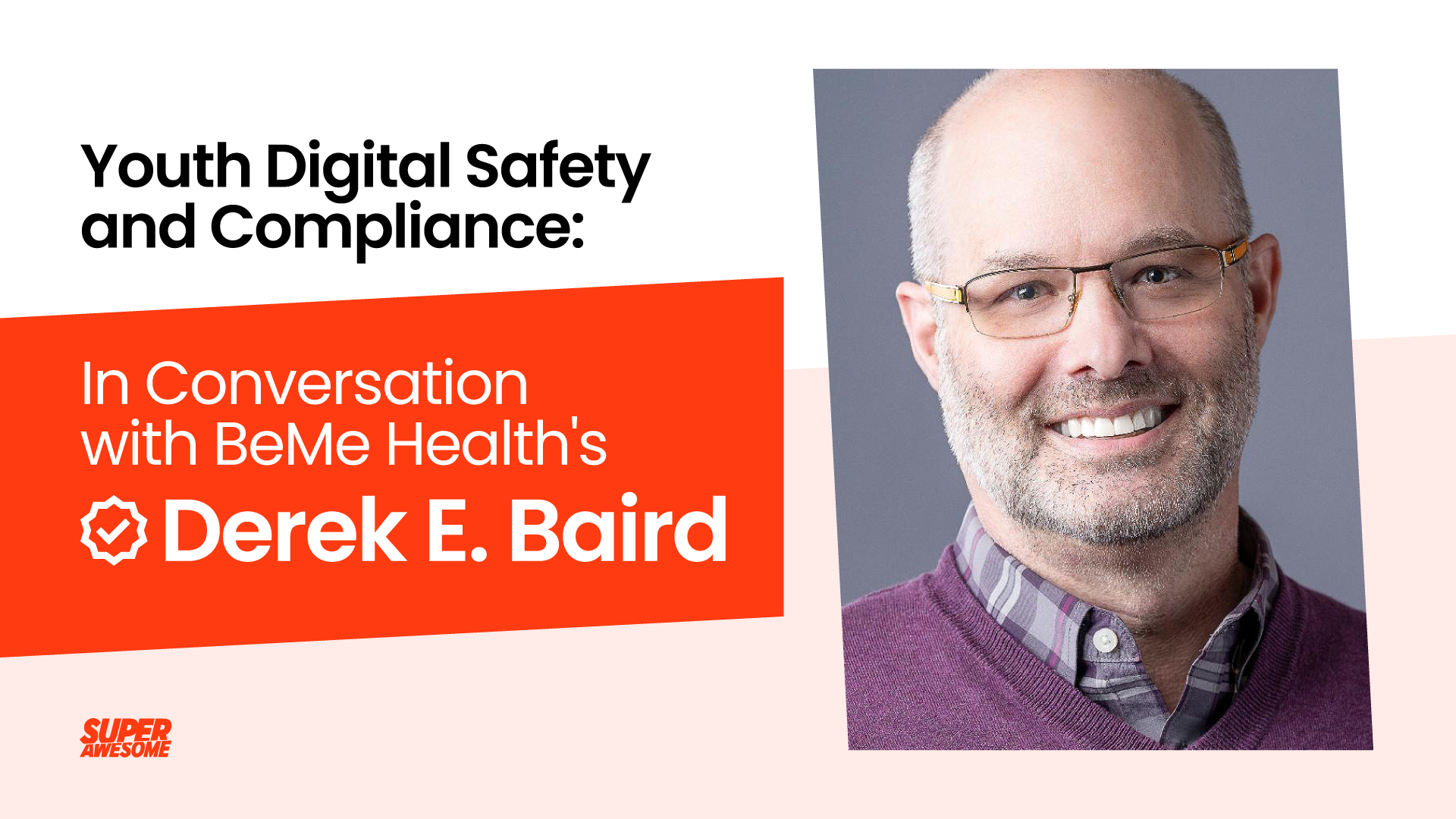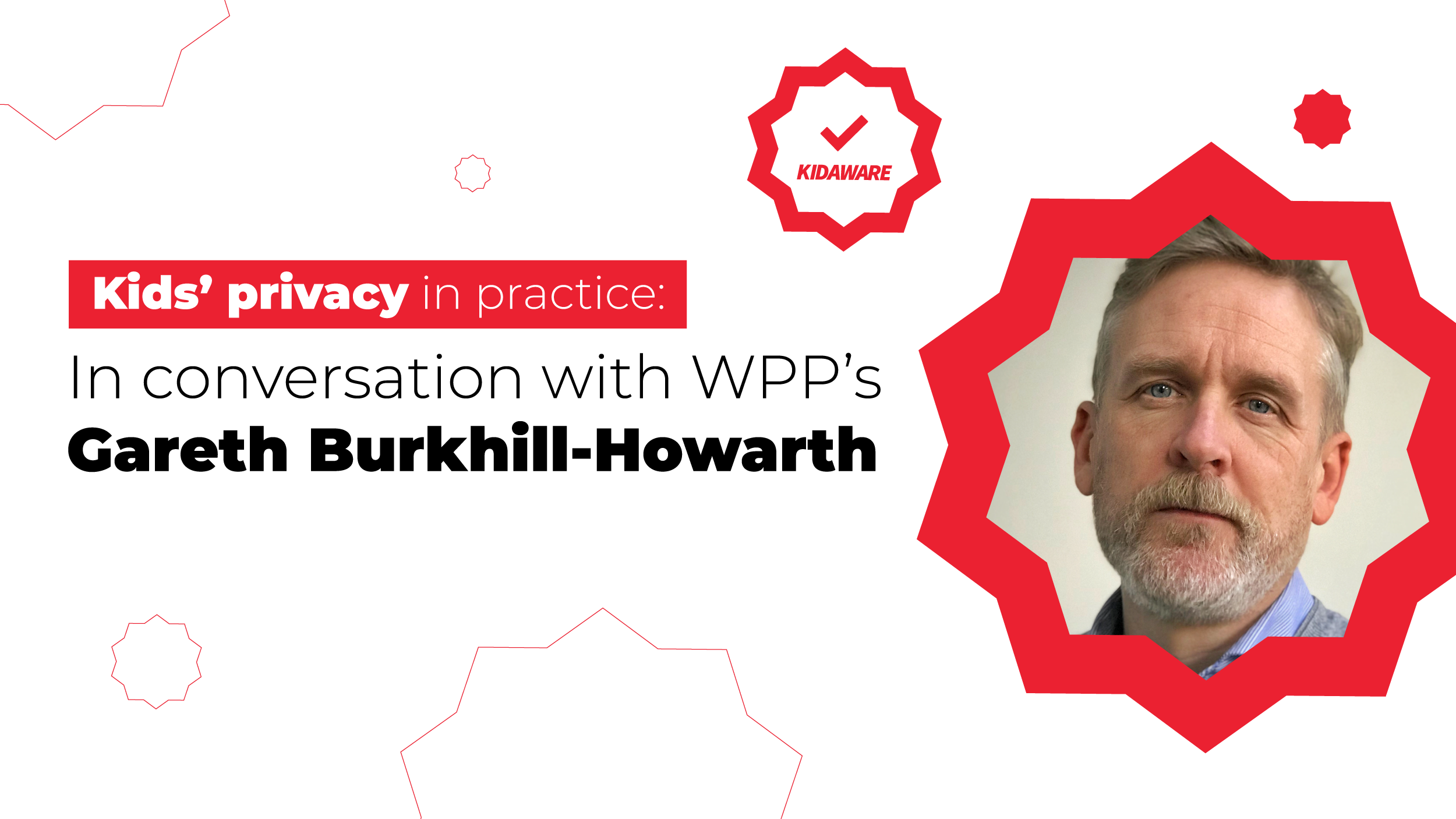When I was seven, I entered a competition at a local toy shop. The new James Bond movie, Licence to Kill, had just hit the theatres (eek, that dates me) and the competition was to promote the movie. The challenge was to build a vehicle out of LEGO to help James Bond escape from a desert island. (Did Licence to Kill even feature a desert island?)
I built a totally awesome LEGO speed boat and entered. I won second place. I don’t recall what I won, but I do remember that I got my picture in the local paper. I was proud, but couldn’t help feeling robbed. The winning entry was an (admittedly, really nice) LEGO jeep. HOW IS JAMES BOND GOING TO USE A JEEP TO GET OFF A DESERT ISLAND? I was outraged.
At SuperAwesome, we work with more than 300 brands, and many of them run competitions to engage with their young audiences. From toy brands offering give-aways, entertainment brands offering free tickets, and global brands offering the chance to design your own products, contests create a lot of exciting ways for kids to get closer to the brands they love, and have the chance to win something cool.
As a brand marketer considering using a competition to engage kids, there are a few things to consider. The first key consideration is the privacy of your users, and ensuring that any data you need to collect is in full compliance with both COPPA and GDPR-K. The second consideration is your user flow: what journey your users will need to take to enter the competition successfully, and when (and how) to involve their parents.
Privacy By Design
We’ll likely revisit this topic in a longer post in the future, but to summarise the key data privacy constraints as they apply to competitions:
- You cannot collect and store personal data from kids without their parent or guardian’s consent
- You can ask a child to provide an email address for their parent, but you can only use the provided email address once, (under COPPA’s “one-time contact exception”)
- If you are asking the child to provide some form of user-generated content as their entry, such as a picture or a story, you either need to be certain that the submission does not contain personally identifying information (such as a photo of the child, or their full name), or you need to ensure you gain consent from the entrant’s parent or guardian prior to collecting that user-generated content
- If you plan to name the prize-winning child, you will need to disclose this and ensure you find a way to permit the entrant’s parent or guardian to object
There are also a ton of other legal considerations, in terms of each country’s competition laws, but I’m not going anywhere near that in this post. (Speak to your counsel!)
Running competitions for kids is a bit of a minefield, so allow me to run through some of the most common questions we hear from our customers.
Is it better for the parent to enter on behalf of the child, or to permit the child to enter?
This is a question for you, ultimately. How do you want to engage with your audience? Do you want to engage the child directly, and enable them to enter the competition themselves, without parental intervention, or would you rather have the parent and the child sit together to enter the competition? What if the parent is busy, or in another room?
SuperAwesome runs PopJam, a kid-safe social platform, and we are very careful to ensure that – as far as possible – the kid is always in the driving seat. We want our products to feel like they are built “for kids” and that they don’t require a lot of parental oversight and approval. Our kidtech mission is to make the internet safer for kids. Taking autonomy away from a kid and asking them to sit with their parents instead to complete the journey instead is somewhat against our mission.
When should I seek parental consent?
At SuperAwesome, we advocate a “progressive permissions” model. This will be familiar to product people that have worked in the mobile space. In essence, we believe that:
- You should only ask for access to the minimum data you need for the experience to function, and
- You should only ask for access to that information at the point at which you absolutely need it, and
- You should only ask for a child’s personal data from their parent if the child initiates that request.
Simple Child-directed Competitions
Let’s start super simple. Imagine we have a “click to enter” competition. The kid doesn’t have to provide any sort of personal data in order to enter. They don’t have to provide a name, a date of birth, address or any user generated content (UCG). Perhaps they have to select the correct answer from a multiple choice, or simply click the button to enter. The prize is a physical toy, to be mailed to their house.
Do we need to collect a parent’s email address at the point the kid submits an entry?
Yes. We need a way to contact the child if they win. We could either ask the child for their personal email address (assuming they even have one), which would require us to seek consent from their parent, or just cut right to asking the child for their parent or guardian’s email address, and use that to reach them should they win.
Do we need to ask the parents of every child that enters for consent to use their personal data?
If no personal data is required to enter the competition, there is no purpose in asking for consent from the parent until their child is selected as a winner and you need a way to send them a prize.
The important point here is that you should only seek to obtain data, and therefore consent to use that data, at the point that you actually need it. The number of kids that are winners, and from whom you need to collect personal data, will be a tiny fraction of kids that enter the competition, so it is best to only ask the winners.
Anything else is both in violation of the “data minimisation” principle of GDPR, and an unnecessary step in your user journey.
Do I need to notify the parent that their child has entered a competition? Do I need to offer the parent the ability to opt their child out of the competition?
There is no clear guidance on this topic, in the US or EU. At SuperAwesome, we always recommend that you do notify the parent that their child has entered a competition and provide them with the ability to opt their child out of the competition. If the parent takes no action, then the child should be eligible to win.
How should I go about collecting consent from parents?
There are basically two options: asking for consent before the child enters the competition, or asking after.
Seeking consent from the child’s parents in advance complicates the user journey significantly, and also makes the competition feel less “for them”, and less cool, because you have to get your mum involved. Another important downside is that the parent must be with the child to enable submission (so no submissions in the school lunch break!).
Seeking consent from the parents after the child enters the competition makes the user journey simpler and allows the child to initiate the flow. It means we can combine opt-in/out, VPC and submission all into a single step. Other advantages are that we can be more certain that the submissions will be valid and eligible to win. It also provides great visibility to the parent of what their child is submitting online, removing any need for a “parent moderation” step in the user flow.
Can I run a drawing or writing competition?
The problem with seeking consent from the parents after the child enters the competition comes when you want to run a competition in which you ask the child to submit some user-generated content. Say we want to run a fun drawing or writing competition. We have a theme, maybe “secret agents” to promote our new movie, and we want kids to submit a drawing of their escape vehicle, or maybe write a spy story in under 50 words.
The key problem is that by asking kids to submit drawings or free text (text they have typed in directly, without a controlled vocabulary impinged on them) you are running a very real risk of inadvertently collecting personal data. Even if you provide a notice to ask them not to, the child may well provide their full name, a social media username, or any number of other data points that could be construed as personal data.
For this reason, you will either need to seek consent from the childs’ parents in advance of accepting any UCG from a child, ask the parent to submit that UCG, making the purpose of that submission clear, or strongly moderate the submission and immediately remove any submissions containing personal data.
Child-Directed Drawing Competitions on PopJam
On PopJam, our highly-moderated social platform for under-13s, we have a sophisticated set of moderation technology and processes to ensure that we detect and remove any content submitted by regular users that contains personal data. We run both images and text through a chain of sophisticated automated algorithms and put any problem content in front of our team of highly-trained moderators.
Our goal is to provide a safe space for kids to figure out for themselves how to behave correctly online. Our moderation tools provide lane bumpers, guiding and coaching our kids towards the right online behaviour.
Part of this is teaching kids not to share information about themselves online with strangers. In PopJam, if they try to do this, we disallow the content. The user is not punished, but their content is removed from the system before it ever gets posted. This is true of both written content and drawings.
Because of this in-built safety net, PopJam is a great place to run drawing or writing competitions. Once you have a channel on PopJam, you can post your competition into your channel, and then host that channel on your own website, using our PopJam embed codes, or direct kids to participate via the PopJam app.
You can provide an attractive visual call to action as the post image, and kids can directly submit their entries as replies to that post. They can also browse and enjoy the content posted by other kids, and you can reflect that content on your own site as a gallery of awesome user-generated content from your fans.
KidSafe Competitions
Competitions are a great way to engage kids, but they come with a host of legal, compliance and user experience challenges. I hope this article has provided you with some options and if you are interested in finding out how SuperAwesome could help you solve these challenges, get in touch to ask about our KidSafe Competitions solution.
If you’re interested in staying on top of technology and kidtech news, we publish several kids industry newsletters which now have over 10k subscribers reading monthly. Sign up now!
Mike Hutchinson is Chief Product Officer at SuperAwesome.




